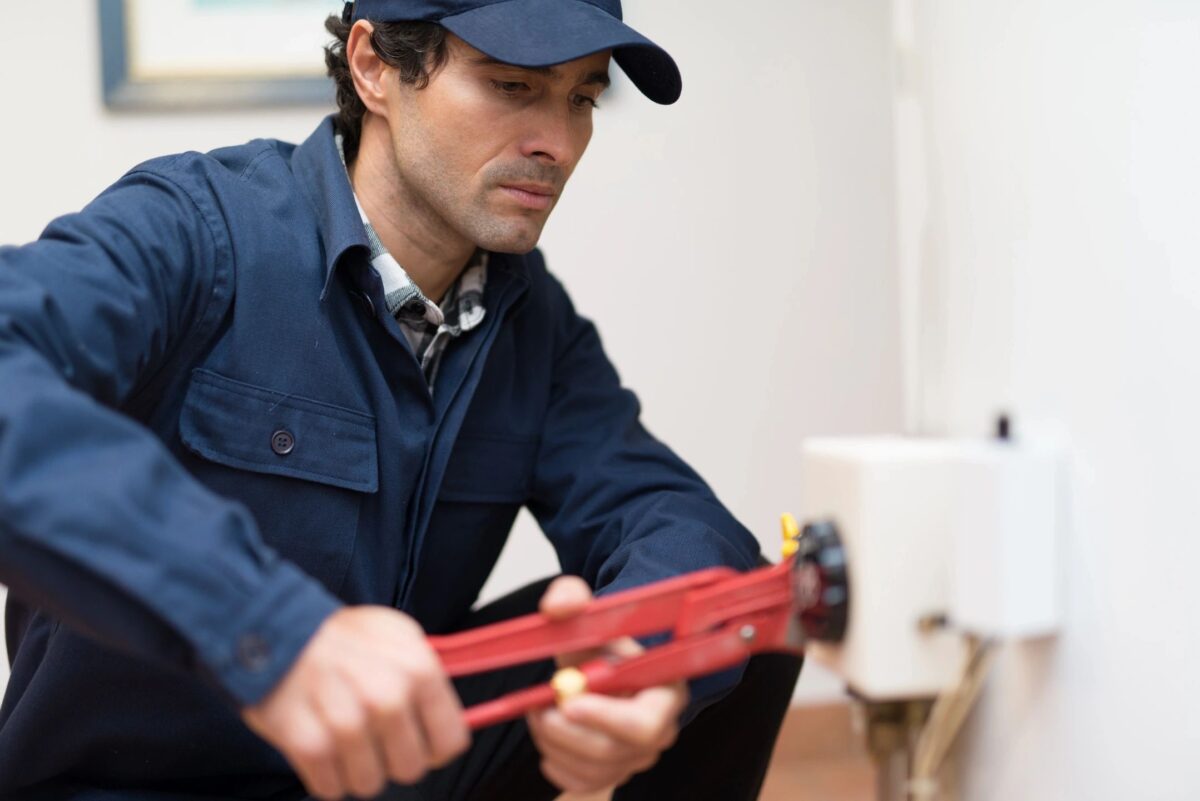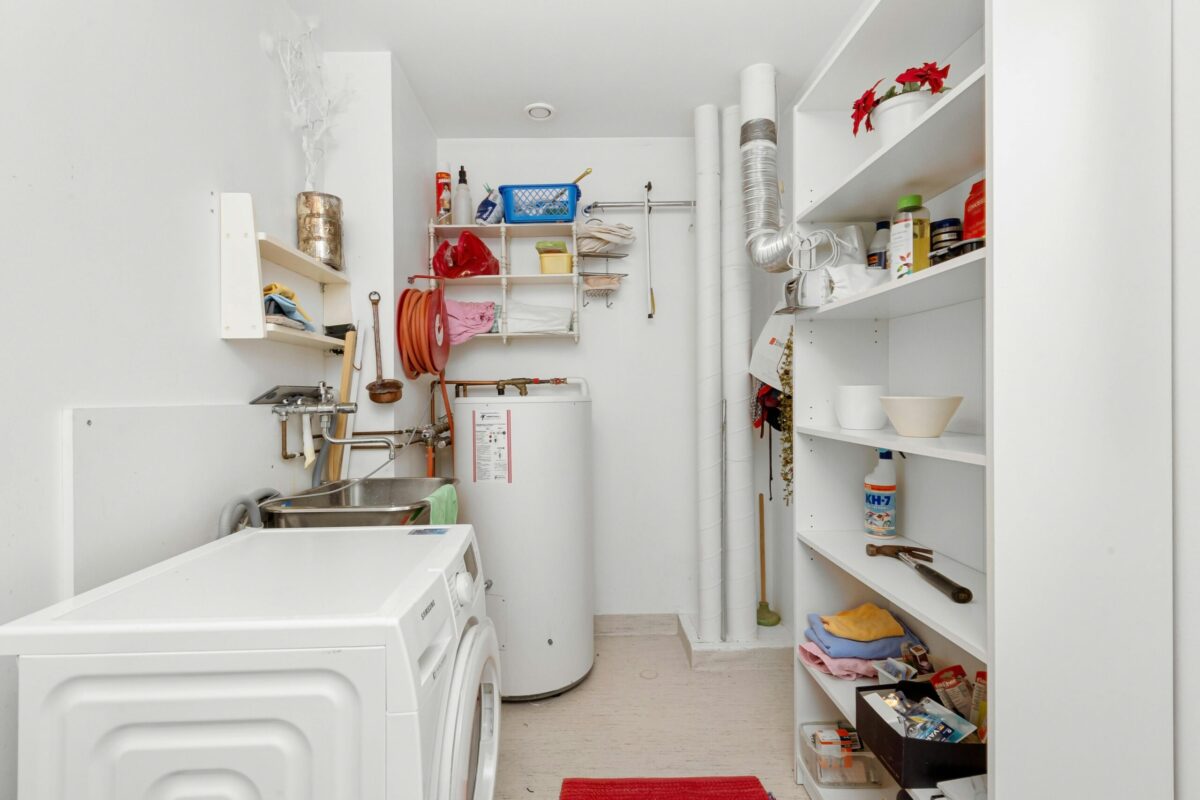If you’re in the market for a new water heater and find yourself torn between energy efficiency and hot water supply, allow us to introduce you to the hybrid water heater. It’s not a sci-fi invention or a car engine with a plumbing attachment—though the name might suggest something more futuristic. Instead, it’s a smart, energy-saving appliance that could be your home’s new best friend.
Let’s break down what a hybrid water heater actually is, how it works, and why it might be a smart investment for your home.
So, What Is a Hybrid Water Heater?
A hybrid water heater, also known as a heat pump water heater, combines the best features of two technologies: it uses heat pump technology to heat water efficiently and kicks into traditional electric resistance mode when demand spikes. That’s where the “hybrid” part comes in.
Instead of generating heat directly like a conventional electric water heater, a hybrid pulls heat from the surrounding air and transfers it to the water—think of it like a refrigerator in reverse. It’s kind of like magic, but backed by solid engineering and energy science.
How Does a Hybrid Water Heater Work?
Here’s a simplified explanation that won’t require an engineering degree:
Heat Pump Mode: The hybrid water heater pulls in warm air from the surrounding space (usually a garage, utility room, or basement). It uses a compressor and evaporator coil (like those found in your fridge or AC unit) to extract heat from the air and transfer it to the water in the tank.
Electric Resistance Mode: When you’ve got guests staying over, or you’re suddenly running multiple loads of laundry and back-to-back showers, the heater senses the demand and switches to its traditional electric heating elements. This ensures you never run out of hot water, even during peak usage.
Smart Controls: Most models come with a digital control panel that lets you choose between modes (Efficiency, Hybrid, Electric, Vacation). The “Vacation” mode is especially handy—it keeps the tank from heating unnecessarily while you’re away, saving you energy and money.
The Pros of Going Hybrid
Let’s talk about why a hybrid water heater might be worth the upfront investment.
1. Energy Efficiency
This is the main selling point. Hybrid water heaters use up to 70% less energy than traditional electric models. Because they primarily rely on ambient air to heat the water, they significantly reduce electricity usage. That means lower utility bills—and who doesn’t love that?
2. Long-Term Savings
While the initial cost of a hybrid water heater is higher (typically ranging from $1,200 to $2,500 before installation), the monthly savings can add up quickly. According to the U.S. Department of Energy, the average household can save hundreds of dollars per year in energy costs.
3. Eco-Friendly
Less energy consumption equals a smaller carbon footprint. If you’re trying to green your home, a hybrid water heater is a solid step toward energy-conscious living without sacrificing comfort.
4. Smart Features
Many modern units include Wi-Fi connectivity and mobile apps, so you can monitor usage, adjust settings, and even receive maintenance alerts from your phone. It’s a small but welcome piece of convenience in our increasingly connected lives.
Things to Consider Before Buying
As great as hybrid water heaters are, they’re not for everyone or every home. Here are a few things to think about before making the switch:
1. Space Requirements
Because they pull heat from the air, hybrid units need a decent amount of surrounding space to operate efficiently—usually at least 700 to 1,000 cubic feet. They’re best suited for garages, basements, or utility rooms with good airflow.
2. Initial Cost
As mentioned earlier, they do cost more upfront. However, there are often rebates and tax incentives available that can help offset the price. Check with your local utility company or energy.gov for programs in your area.
3. Noise Level
They do make a bit of noise—similar to a window AC unit—due to the compressor and fan. It’s not disruptive, but it’s something to be aware of if you’re planning to install it near a bedroom or living space.
4. Climate Matters
Because hybrid water heaters rely on ambient air, they work best in warmer climates or indoor spaces that maintain a higher temperature year-round. If you’re in a colder region and plan to install it in an unheated garage, its efficiency could drop in the winter months.
Installation and Maintenance
Installation is best left to a professional, especially if you’re upgrading from a standard electric or gas unit. You’ll need to consider things like drainage (they produce condensate), ventilation, and possibly electrical upgrades.
Maintenance is relatively simple: clean the air filter every few months, drain the tank annually to reduce sediment buildup, and schedule occasional service checks. That’s it.
Is a Hybrid Water Heater Right for You?
If you’re tired of high energy bills, want to reduce your environmental impact, and have the space for one, a hybrid water heater can be a great choice. It’s an investment upfront, but one that pays off over time in efficiency, savings, and reliability.
Before making your decision, take a good look at your household’s hot water usage, installation space, and budget. And remember: even the best water heater won’t last forever, so when your old one gives out, consider going hybrid for your next upgrade.
A hybrid water heater is like that clever friend who always knows the shortcut that saves time and gas—it just makes sense. Efficient, environmentally friendly, and future-ready, it could be the upgrade your home has been waiting for.
If you’re still unsure, talk to one of the pros at On Call Water Heaters today and we can help you determine the best option for your needs.
























